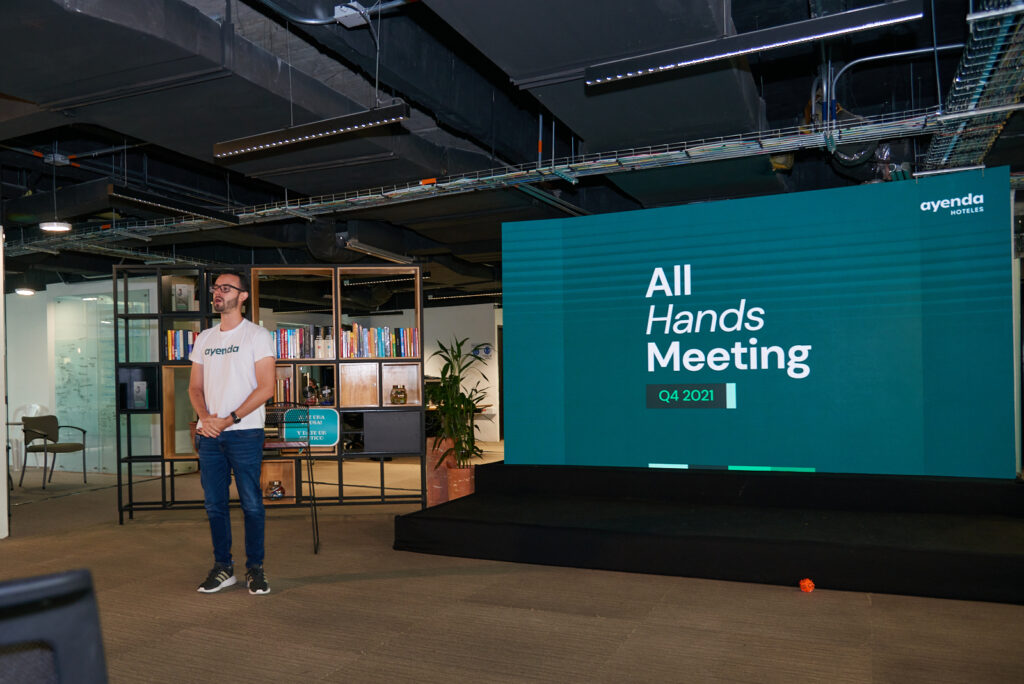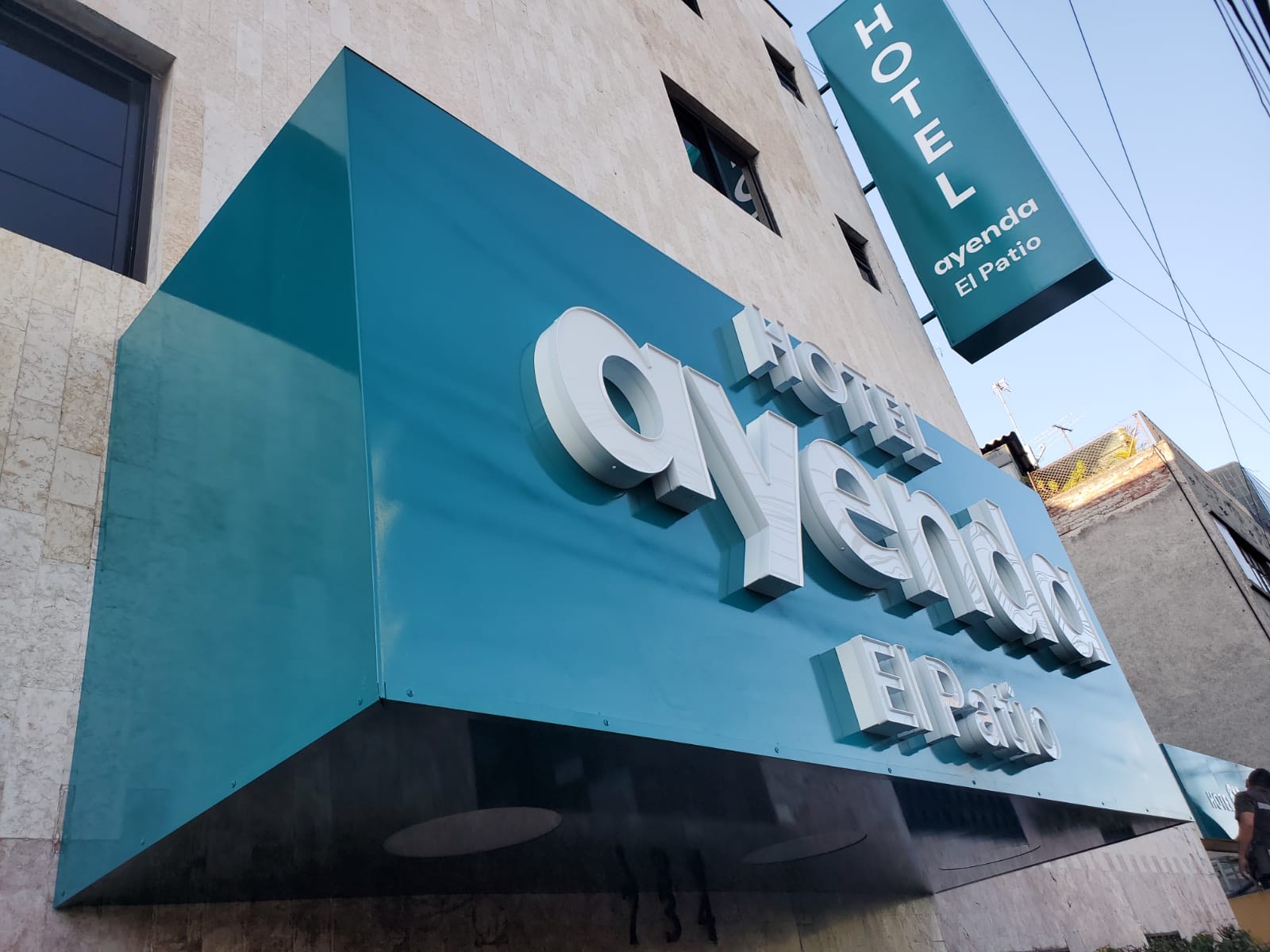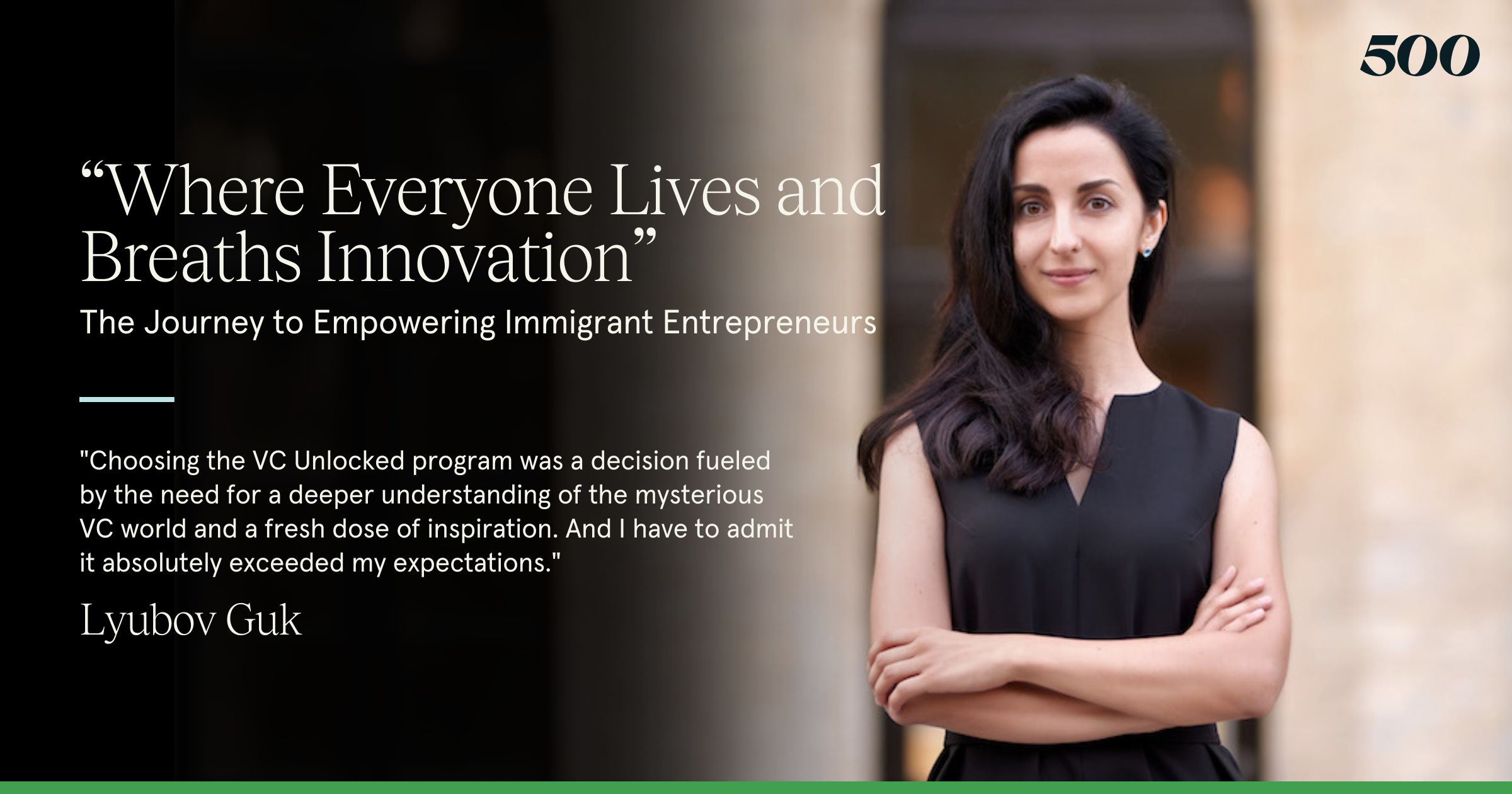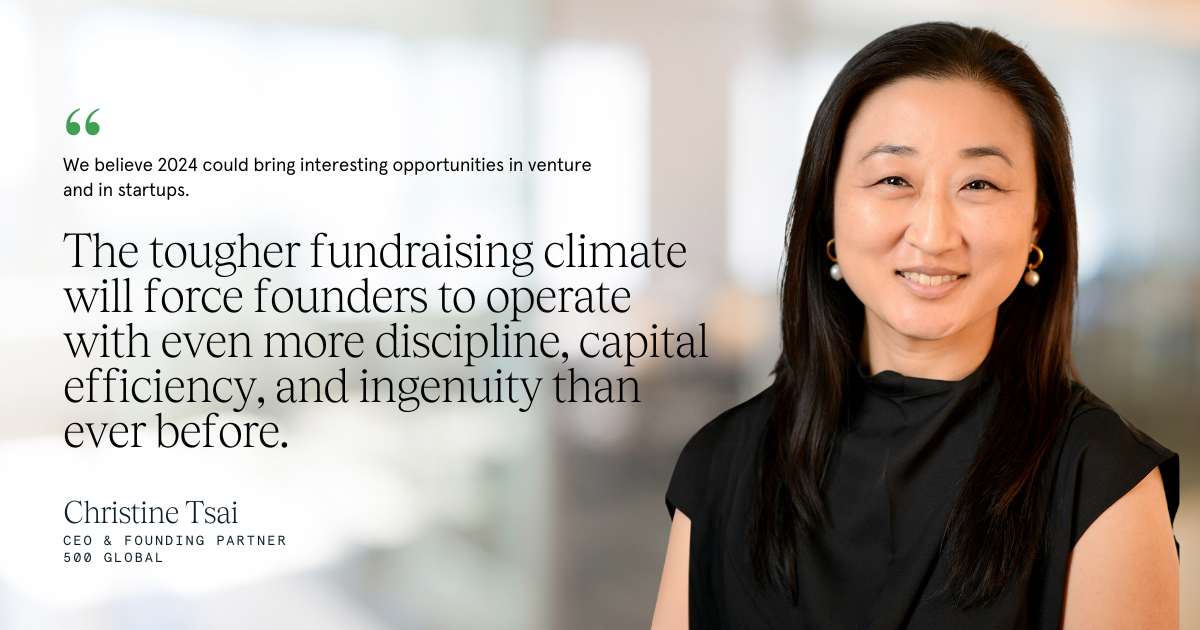When Andres Sarrazola moved from Medellín to Mexico City in 2017 to participate in 500 Global’s LatAm accelerator, he knew his business model needed some refining.
Sarrazola had co-founded Ayenda in Medellin in 2015, when he realized he could help hotels market their unused room inventory to traveling salespeople looking for a clean and affordable room for the night. Small, independent hotel owners would use Ayenda’s property management SaaS in exchange for a monthly fee, but Sarrazola was still searching for other ways to embed Ayenda in the hotel business.
Colombia’s hotel industry was looking bright, thanks to government incentives aimed at helping hotel developers meet demand from a budding middle class. Smaller hotels, with 50 rooms or less, also made up the majority in the country.
A couple of pivots later–during and after the 16-week accelerator program–Sarrazola nailed the business model. “We thought, ‘Why don’t we kind of pull together a lot of independent hotels and put them under one brand?’” he recalls.
For an unknown brand, that was a bold move. “In the beginning, it was really tough convincing hotel owners to let us put the Ayenda name on their buildings. They’d ask how many hotels we owned and we’d tell them none,” says Sarrazola.

Photo courtesy of Ayenda
He relied on a creative hack for winning over hotel owners by creating separate listings for unoccupied floors on travel booking sites. “If there was a hotel with five floors and a 70% occupancy rate, we might take over one floor to sell, which would be listed as Ayenda. So, the property ended up having two accounts on travel websites, one for the first four floors and the other for the Ayenda floor,” he says.
Hotel owners were sold. Sarrazola says revenue per available room increases an average of 50% after six months, with Ayenda taking about 15% of gross bookings. Customers–typically traveling salespeople–pay an average of $22 a night. The company now manages a chain of 400 independently-owned budget hotels in Colombia, Peru and Mexico, with the Ayenda brand often plastered in teal blue on façades. By the end of 2022, the company expects to have more than 1,000 hotels under its brand.
Luis Carlos Sarmiento Breton is the third generation owner of his family hotel in Bucaramanga, Colombia. A few years ago, Sarmiento was living in the U.S. when he received a call from his mother and aunt asking if they should sell the hotel that had been in their family for decades or if he wanted to come home to run it.
Sarmiento decided to return, but he faced challenges. “Supply increased due to government incentives, but the demand has not increased equally, so it was harder for independent hotels to meet the same standards that chains have, especially with sales and marketing,” he says. “I started to look for something, a solution, but realized in Colombia we didn’t have operators or chains that attended to medium and smaller hotels,” he says.
When Sarmiento learned about Ayenda, the alliance made perfect sense, even if it meant putting its name on a property his family still owned. He believes the partnership has been valuable, since it lets him focus on what he does best–managing the real estate.
“I started to see our hotel and property more like a real estate business. I started remodeling the property, created office spaces to rent on the premises, and left the sales and marketing for the hotel to Ayenda,” he says.
By joining the chain, Sarmiento’s hotel also became part of a larger network that is building a loyal base of customers.
“What is beautiful about our business is it’s based on customers the hotel already has and we’re moving those customers forward. So that means if a frequent customer of Ayenda hotels is traveling to another city, they can book the hotel in the app. It’s a big circle in which the more properties we have, the more demand we can generate for all those hotels,” says Sarrazola.
Like the rest of the hospitality industry, Ayenda experienced a massive slowdown in business in 2020. During the six months Colombia was on lockdown, the Ayenda team hunkered down, with Sarrazola uncertain about the company’s future. But once the government lifted restrictions in September 2020, business took off again, with double-digit monthly growth rates.
As travel resumes, Sarrazola is doubling down on advertising. “We have billboards in airports; we have advertising that lets people know they’ll see the best prices in our app,” he said. Through September 2021, 40% of Ayenda’s business came from repeat customers who booked directly through its app.
Growing the direct channel business is a priority, since the company doesn’t have to give a cut of revenues to reservation sites. While staying at an Ayenda hotel, travelers who book through a third party are reminded to download the app to unlock better deals and receive cash back credits on future stays.
Ayenda has an ambitious growth plan to keep onboarding new properties, with Mexico being a key market. A headline in the Mexico Daily Post in October 2021 heralded: “Ayenda arrives in Mexico to attack the business market.” That’s the plan, says Sarrazola. Of the 1,000 hotels Ayenda expects to have by the end of next year, as many as 40% will be in Mexico.
“Some trips can be replaced by a video call, but we’re going after the business traveler who absolutely needs to be there in person,” he says. “This is who we want to continue to serve in even more markets.”





